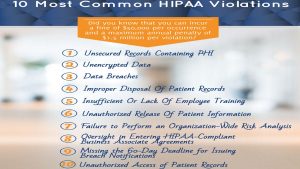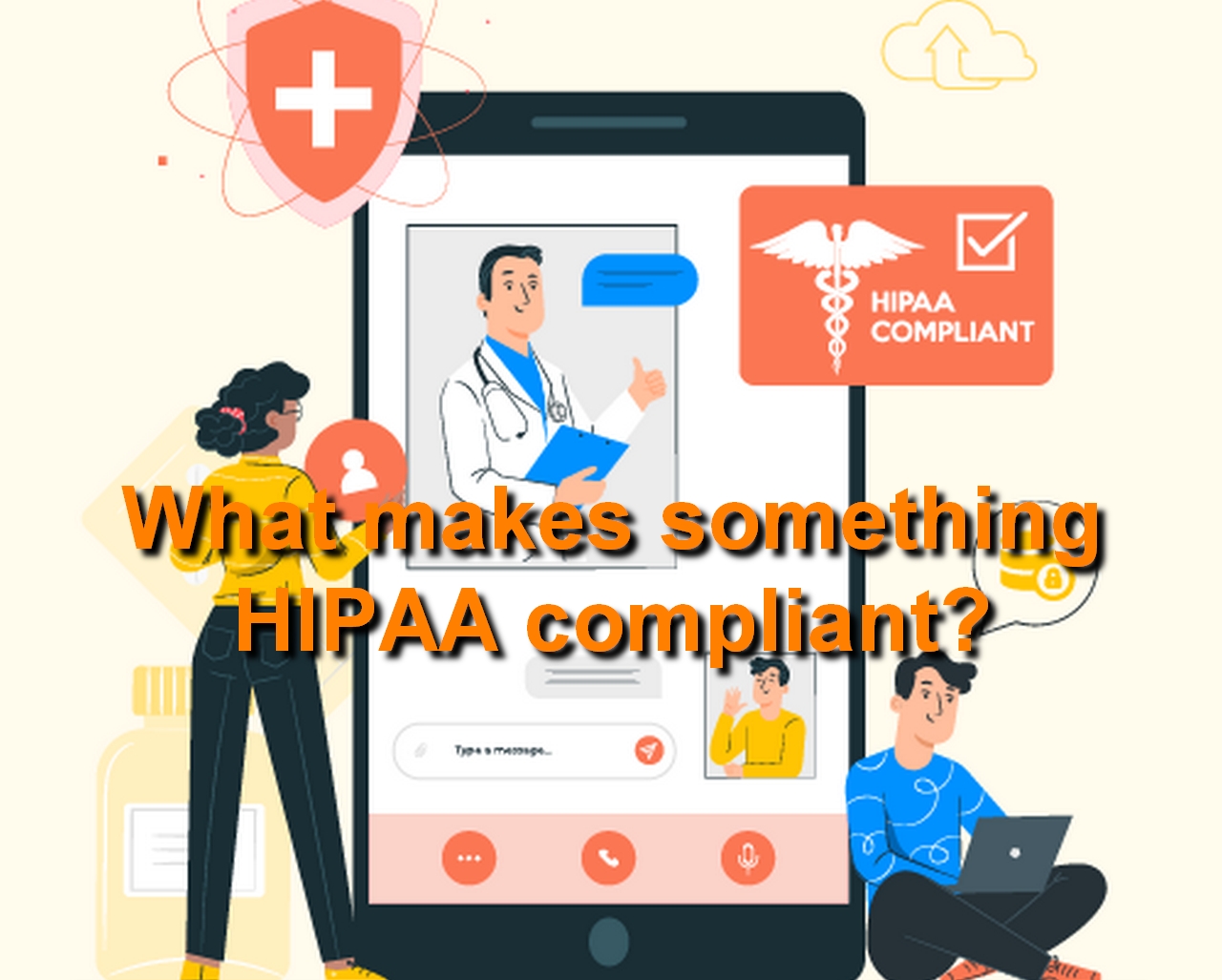For businesses and professionals in the medical field, HIPAA compliance is a must. Since its enactment in 1996, regulation is done by the Department of Health and Human Services (HHS) and imposed by the Office for Civil Rights (OCR). From HIPAA compliant texting to data protection to interaction with staff and personnel, there are set regulations that govern HIPAA compliance.
HIPAA Compliance
There are a set of standards and regulations that healthcare, medical entities and their partners/ associates are supposed to follow to be considered HIPAA compliant.
Procedures and Management
Healthcare facilities and their associates are required to develop and implement policies that follow the HIPAA guidelines and standards. Outlined within the HIPAA Act and Rules, the organization must continuously streamline their way of doing business to meet current and future regulations and amendments.
This also calls for staff training and ICT and computer data literacy. The use of technology is critical in protecting client information and aligning the staff to the facility’s HIPAA compliant policies is the first way to do so.
Self-audit
HIPAA compliance is considered from a three-pronged perspective: Administrative, Physical and Technical. Medical organizations are required to perform annual self-audits with regards to these three areas. The assessments allow for an accurate description of the current policies and procedures of the organization against HIPAA rules and regulations.
Correction scheme and proposal
A self audit is not enough. Together with the business partners, a healthcare facility must present intentional and direct plans to correct the issues found within the self audit. The correction plan must be able to fill the identifiable gaps within the organization’s policies. The plan contains set tasks that are measurable and time-bound.
Third party management
There is the possibility of your business associates dealing with the personal information of a patient. Therefore, business associates must also seek to align themselves with HIPAA regulations. On the medical facility’s side, they must record all the partners with whom they share information with and also make use of Business Associate Agreements to ensure data is handled safely.
HIPAA violation

The act of an organization that will result to a compromise of the integrity of a patient’s personal information is considered a HIPAA violation. To avoid such a scenario, an organization needs to be on toes; keeping abreast of any changes and amendments with regards to HIPAA regulations.
Continuous training and retraining of the medical administrative staff is also key. The administrative staff typically engages the patients through different communication channels. Being on the front lines, they should be the chief primary concern.
Some of the common HIPAA violations include stolen communication media and devices (laptops, phones and USB drives), hacking, malware attacks, communication of personal information with the wrong client and social media posts. It goes without saying that the improper implementation of HIPAA safeguards is or can be considered or can result in a HIPAA violation. This is because the medical organization will be vulnerable.





